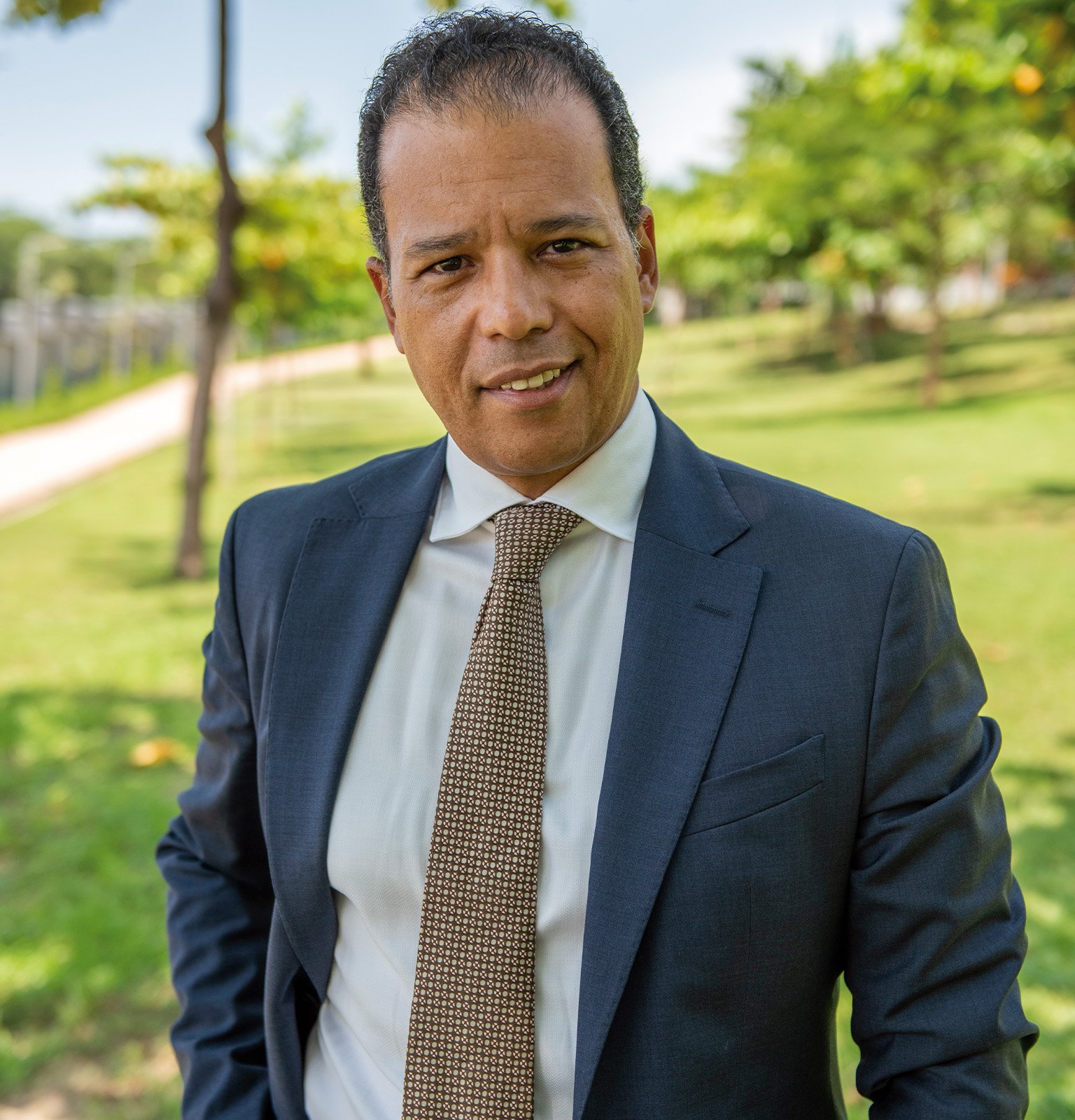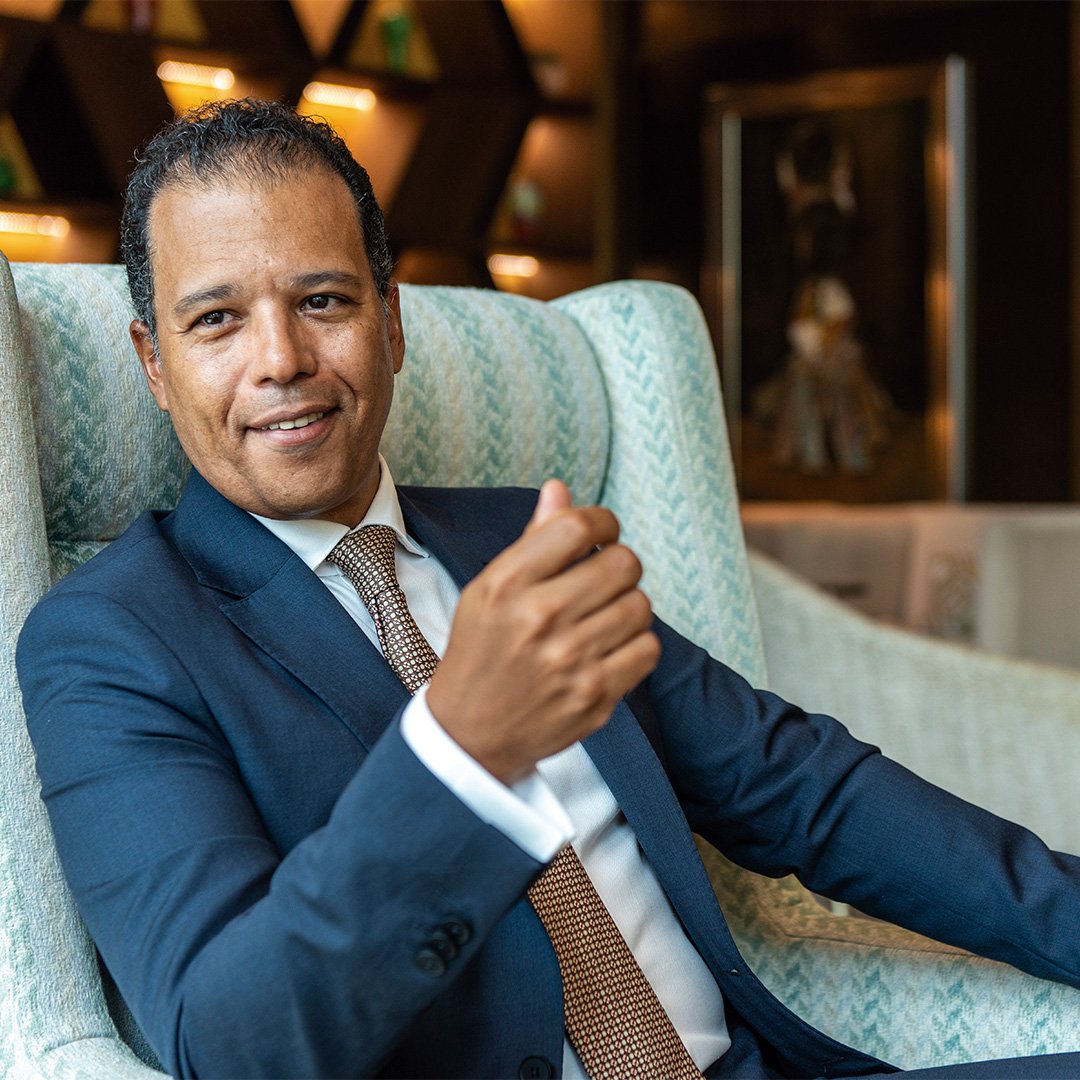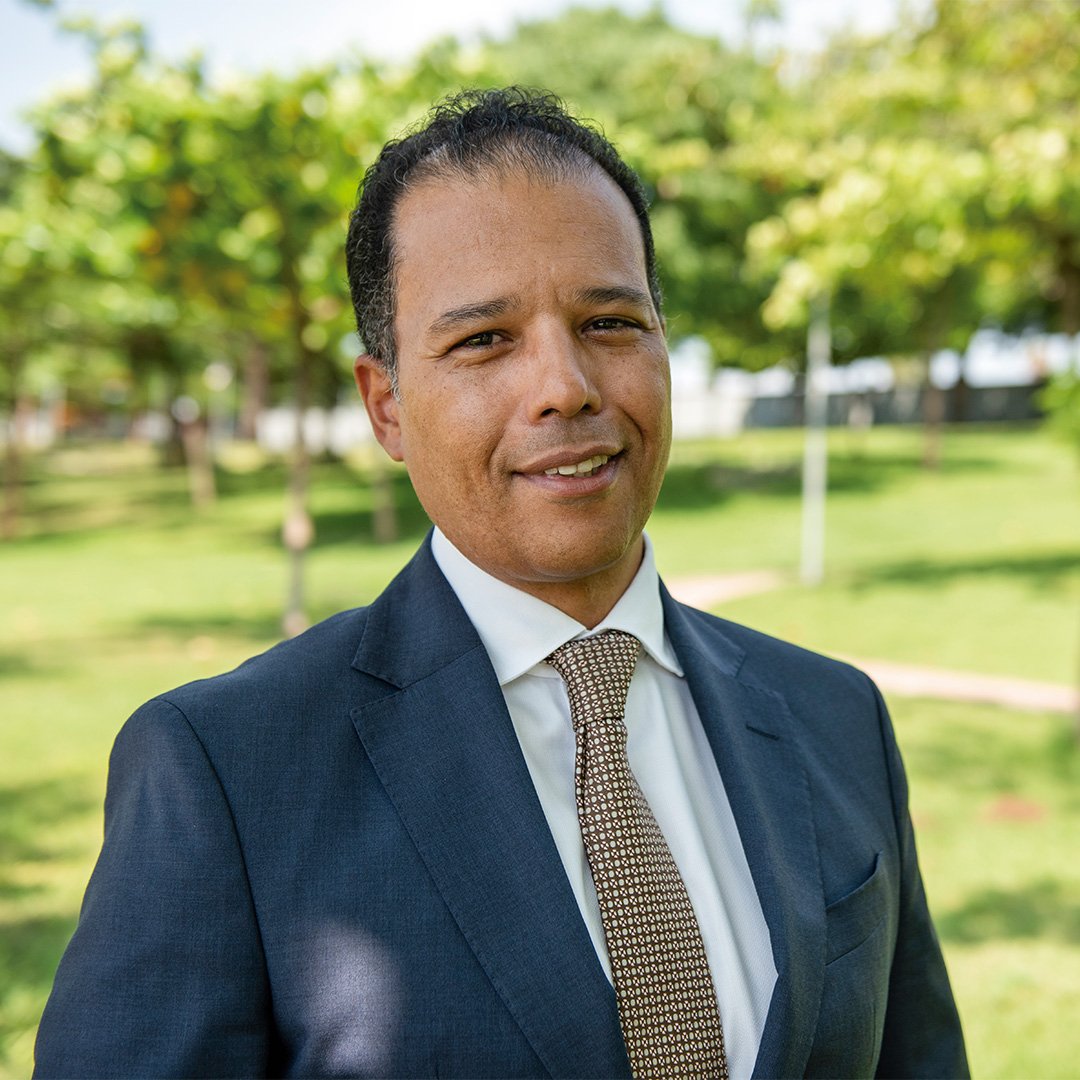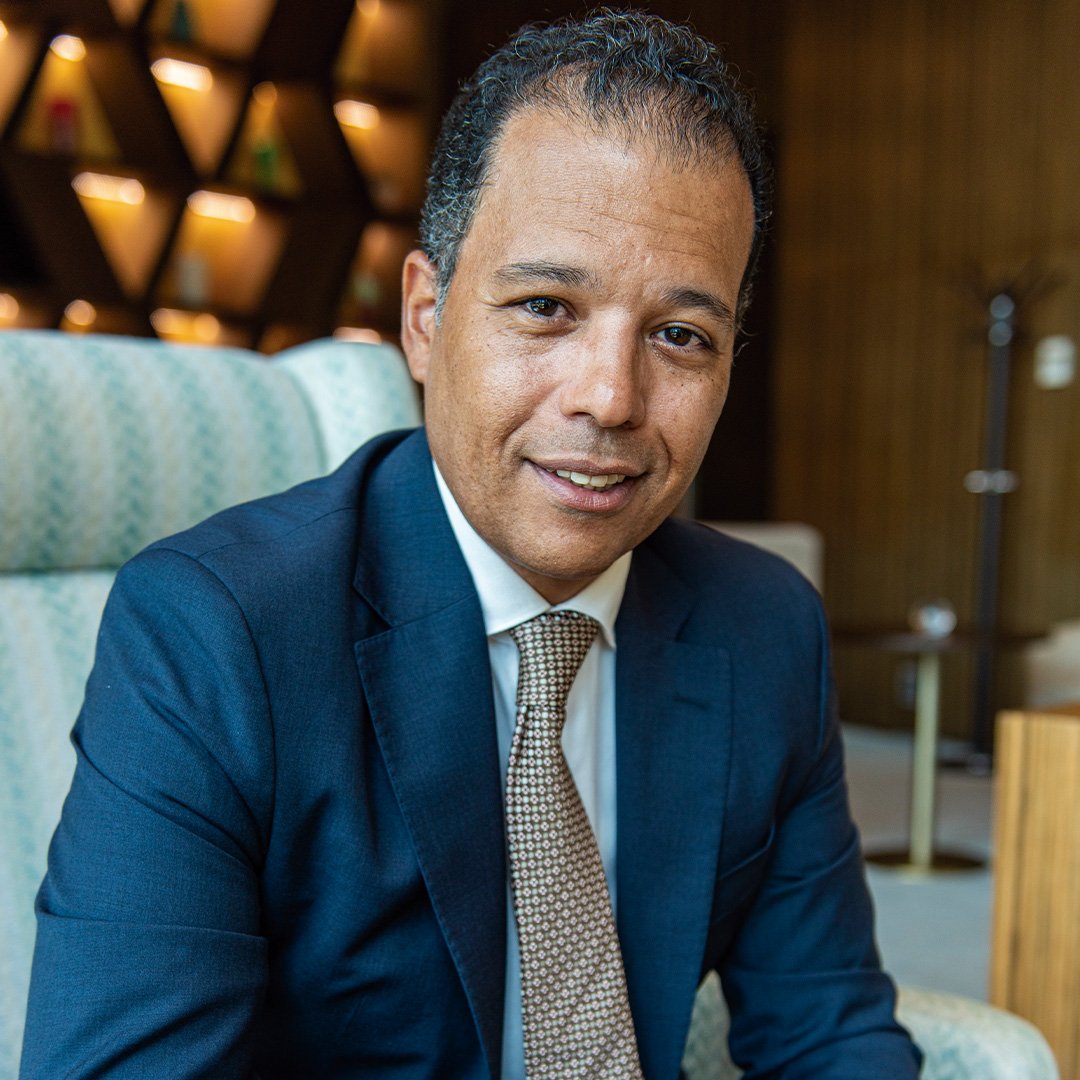One of
your goals, as president of the Angolan Golf Federation (FAGOLFE), is to make
golf grow throughout the country. How
will this be achieved?
The Federation’s project for developing the sport is
based on three pillars: 1. Developing Infrastructures; 2. Training; 3.
Competitions.
The development of any sport is only possible when
there are support structures for practice and competition. In this sense, golf’s
biggest constraint in Angola is the modest number of practice facilities (driving
ranges) and golf courses. The development of the sport involves investing in
the construction of practice facilities and pitch and putt courses in the main
provinces, preferably in places to which the population has access,
transforming these facilities into centres for the promotion and development of
golf.Training is a central pillar in the sustainable
development of the sport. Together with the R&A, we have created the
«National Golf Schools» programme to encourage schoolchildren. This programme
involves establishing agreements with clubs and schools in order to train new
talents as well as golf instructors. In golf, as in other sports, it is
important to invest in people so that they can create value and contribute to a
better society.
In terms of competitions, we need to promote a
regular tournament schedule in order to maintain a competitive spirit. To this
end, the Federation has forged closer ties with the institution responsible for
international rankings and has made it possible for tournaments organised by
the Federation to be recognised. Recognising tournaments allows golfers to
accumulate points to appear on the sport’s international stage.
Do you
intend to implement measures for training new golfers?
The emergence of new golfers, or the sustained
increase in the golfing population, necessarily involves attracting young
people of school age, teaching them a sport that they can play for the rest of
their lives. Schools can become the biggest catalyst for getting into golf,
whether it’s in the physical space of the school or on the nearest practice
course.
Do you
aim to make Angola a golf tourism destination?
The data on the impact golf can have on tourism in
various countries shows that the sport makes a significant contribution to this
sector. The Federation must and can contribute to promoting golf as an anchor for
attracting tourists to Angola. In the United States of America, the golf
industry contributes 84 billion dollars a year to the economy, of which
approximately 24 billion are generated by golf tourism. On the African
continent, we have the example of Kenya, which has 41 golf courses, and South
Africa, with more than 400 courses. That’s why existing and future hotel chains
in Angola should invest in facilities for playing this sport, such as indoor
facilities with golf simulators or 9-hole golf courses. Because, by developing
high quality golf infrastructure, organising golf events and tournaments and
promoting Angola’s natural and cultural resources, the country can position
itself as a golf tourism destination. Through partnerships and strategic
initiatives, the Golf Federation can play an important role in promoting golf
tourism in Angola.
In order
to be considered a golf destination, Angola needs to have at least three golf
courses.Are there any projects
underway to create new courses?
There are some interested investors, but so far there’s
nothing definite.
Apart
from generating tourism, what other contribution does golf make to the country?
Golf, combined with tourism, can help diversify the
economy by boosting the tourism industry and creating new jobs. In order to do
this, we need to be able to attract the main hotel chains and investors in this
sector.
Boosting
Angolan golf is your greatest challenge.What has changed since you took over?
When I took on this challenge, the Federation was
not yet recognised by the ministry that oversees it, as it didn’t meet the
legal requirements. Today, we can say that we have a Federation that is
recognised nationally and internationally by the sport’s main regulatory
bodies. We are members of the R&A, the African Golf Confederation and the
Angolan Olympic Committee. We are a handicap authority that is duly recognised
by the World Handicap Authority, which allows Federation players to play in
international competitions or on courses that require this certification. We
held the first national championship, we held the successful Region 5
African Championship, as reported by the African Confederation and the
R&A, and we created the «National Golf Schools» programme, which now has
more than 80 children. But we realise that the Federation has a long way to go
as a regulator of the sport, especially in terms of creating infrastructure and
training players.
«Schools can be the biggest catalyst for getting
people into golf»









